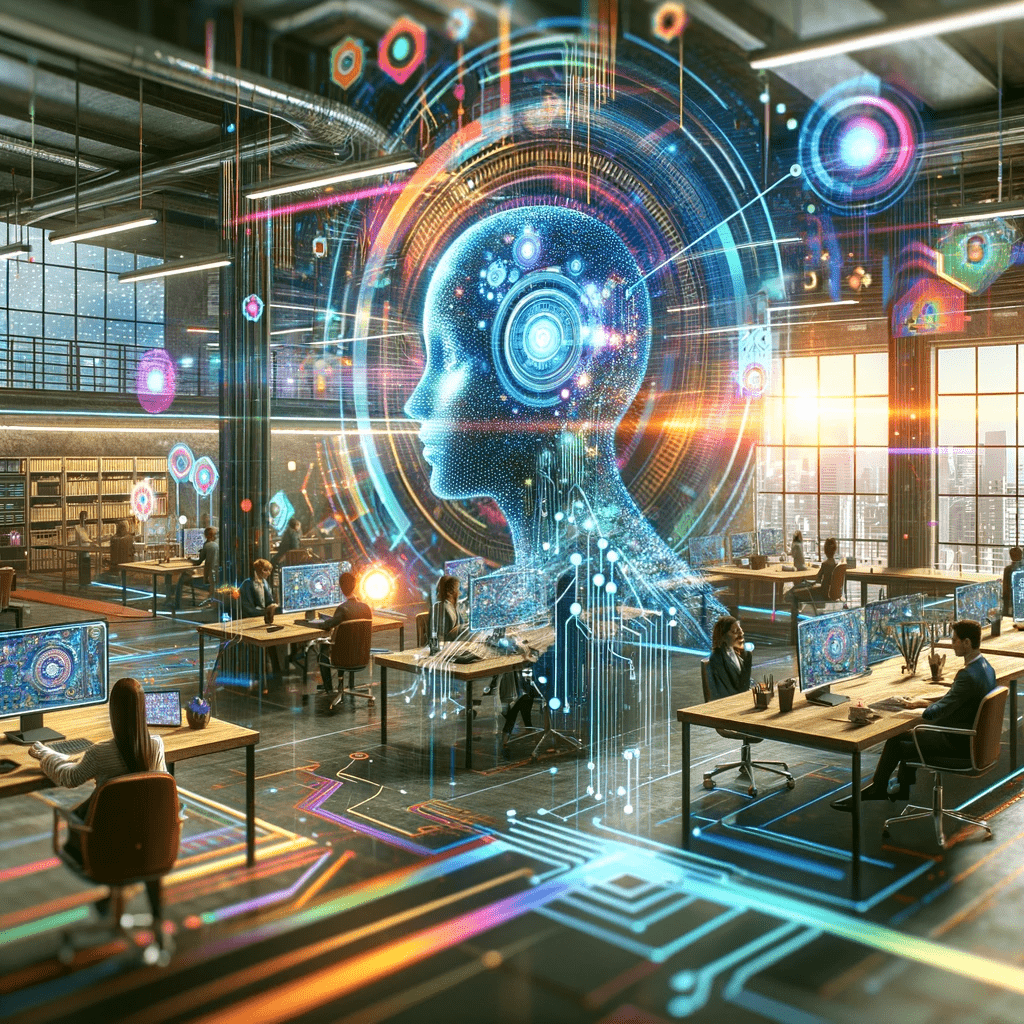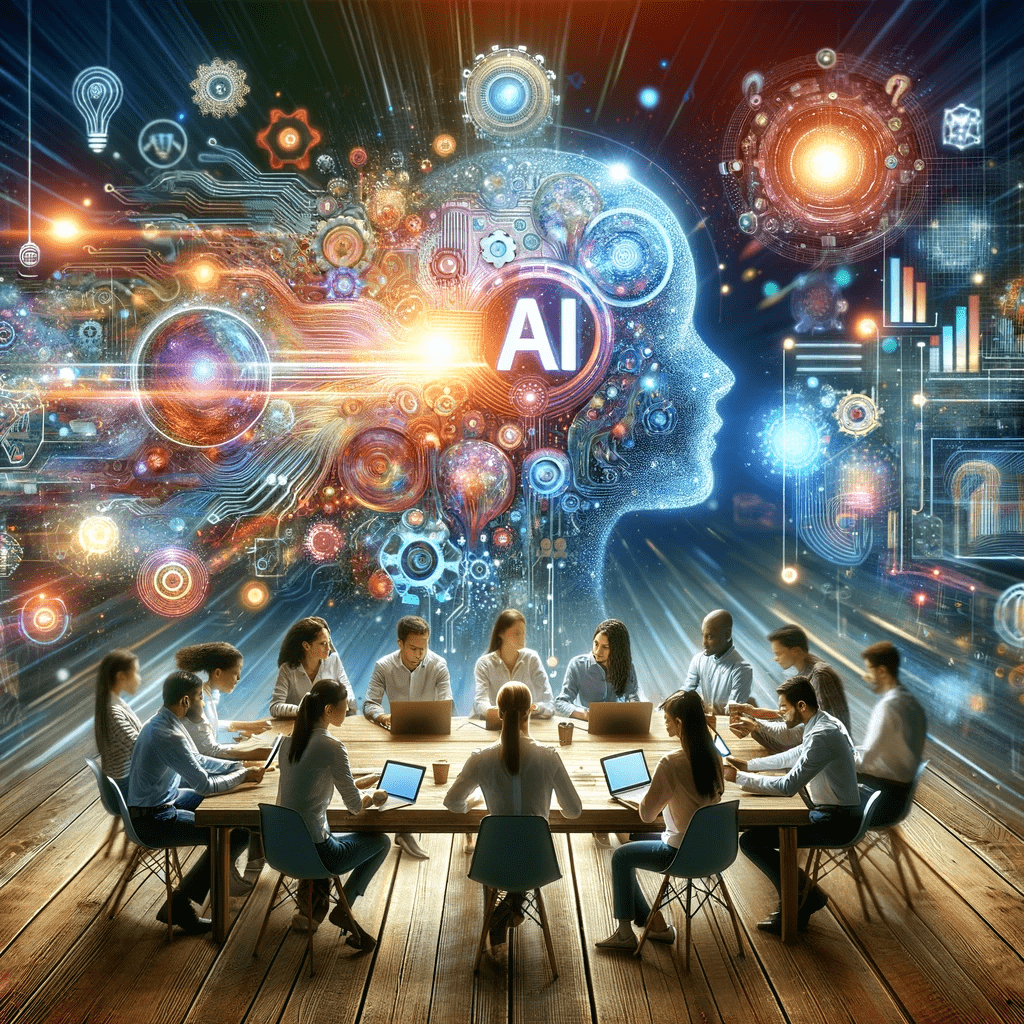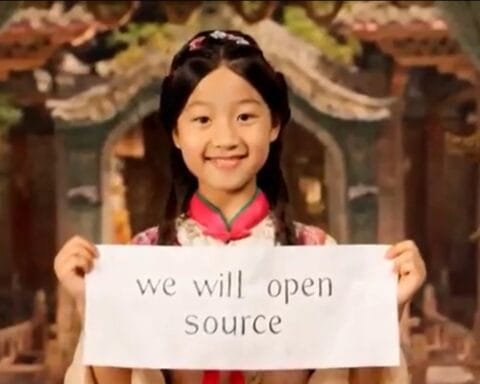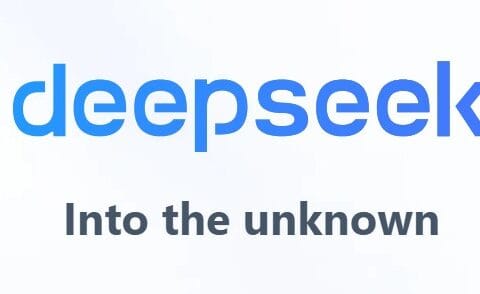Last Updated on January 1, 2024 7:54 pm by Laszlo Szabo / NowadAIs | Published on January 1, 2024 by Laszlo Szabo / NowadAIs
IBM AI Chief: Reshaping the Future of Work and Creativity – Key Notes
- Redefining Tech Careers: AI allows for diverse career paths in tech, moving beyond traditional computer science degrees.
- Value of Soft Skills: Creativity and innovation become crucial as AI automates routine tasks.
- AI’s Creative Influence: AI opens up creative fields to a wider audience, breaking down professional barriers.
- Economic Shifts: AI’s role in job disruption and the creation of new opportunities.
- IBM’s Hiring Strategy: Adapting to AI’s impact by reassessing hiring in roles susceptible to automation.
Future Shift in Tech Careers

The tech industry, a realm constantly in flux, is witnessing yet another paradigm shift, as noted by IBM’s AI chief, Matthew Candy. In a world increasingly shaped by artificial intelligence (AI), the traditional pathways to tech careers are being redefined.
Now we delves into Candy’s insights, exploring how AI is not just transforming the tech sector but also the broader workforce landscape.
Redefining Technology Career Paths
Matthew Candy, IBM’s global managing partner for generative AI, posits a future where a computer science degree is no longer a prerequisite for a career in technology in a Fortune interview.
You don’t need to have a degree in computer science to do that,
highlighting the changing landscape of tech careers.
In his view, AI is democratizing the creation process, enabling individuals without technical backgrounds to build and innovate. This shift emphasizes a new educational paradigm, where creativity and critical thinking are paramount.
The Role of Soft Skills in an AI-Driven Era
IBM AI Chief, Candy’s perspective aligns with the growing emphasis on soft skills in the AI era. He argues that skills like creativity, innovation, and questioning will gain importance as AI automates more routine tasks, freeing up human capacity for higher-level thinking.
This trend is echoed by LinkedIn vice president Aneesh Raman, who notes the decreasing shelf life of technical degrees in favor of adaptable skill sets.
AI’s Impact Beyond Tech: A New Creative Landscape
The influence of AI extends beyond the tech sector, reshaping creative professions as well. Advances in AI image-generation technology, as noted by Candy, are enabling individuals without formal design or art training to engage in creative endeavors. This development challenges traditional notions of professional barriers, making creativity more accessible.
The Economic Implications: Job Disruption and Opportunities

A report by Goldman Sachs indicates that over 300 million jobs could be disrupted by AI. Concurrently, IBM has paused hiring for roles potentially replaceable by AI, signaling a significant shift in the labor market. This disruption, however, is not just a challenge but also an opportunity for workforce evolution, emphasizing the need for adaptability and lifelong learning.
The IBM AI Chief’s Vision: A Liberal Arts Renaissance
Candy’s insights suggest a renaissance of liberal arts and language skills in the tech world. As AI assumes more technical tasks, the human workforce will need to pivot towards skills that AI cannot replicate as easily – creativity, critical thinking, and interpersonal skills. This shift heralds a new era in education and professional development, where diverse skill sets converge in the realm of technology.
IBM’s Strategic Shift: Embracing AI to Reshape Workforce Dynamics
In a strategic move that underscores the profound impact of AI on the job market, IBM is set to pause hiring for certain roles as AI technology advances. According to Bloomberg News, IBM CEO Arvind Krishna revealed plans to potentially replace approximately 7,800 jobs with AI in the coming years.
This decision particularly affects back-office functions, such as human resources, where hiring will be either suspended or slowed down. This approach, which could see up to 30% of non-customer-facing roles being replaced by AI, signals a significant shift in IBM’s operational strategy, aligning with the broader industry trend towards AI-driven automation.
FAQ Section
- What does IBM AI Chief Matthew Candy say about tech careers? Candy suggests that a computer science degree is no longer mandatory for tech careers, as AI democratizes the creation process.
- How are soft skills valued in the AI era? Soft skills like creativity and innovation are increasingly important, as AI takes over routine tasks, according to Candy.
- What impact does AI have beyond the tech sector? AI is transforming creative professions by enabling those without formal training to engage in artistic and design endeavors.
- What are the economic implications of AI in the workforce? AI could disrupt over 300 million jobs, but also offers opportunities for workforce evolution and adaptability.
- How is IBM adapting its hiring strategy due to AI? IBM is pausing hiring in roles that could be replaced by AI, particularly in back-office functions like human resources.









